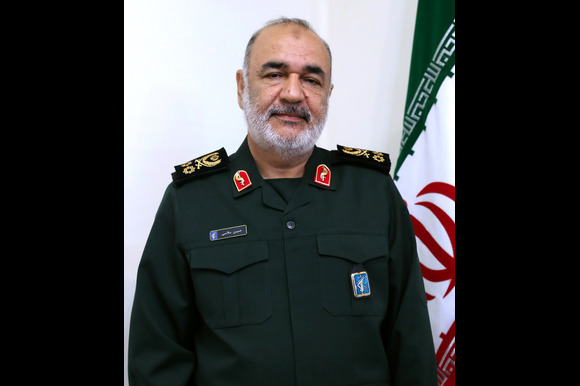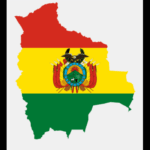Hossein Salami, commander of Iran’s Islamic Revolutionary Guard Corps (IRGC), was killed in Israeli airstrikes early Friday, becoming the most senior Iranian figure to die in the assault.
Salami, 65, was known for his uncompromising stance against Iran’s rivals, particularly Israel and the United States. Just a month ago, he warned that Tehran would “open the gates of hell” if attacked by either country.
Israel confirmed launching wide-ranging strikes on Iran, claiming to have hit nuclear facilities, ballistic missile plants, and senior military figures. The action came in defiance of U.S. President Donald Trump’s warnings not to disrupt ongoing talks over a possible nuclear agreement.
Iran has vowed that both Israel and the United States — which denies any involvement — will “pay a heavy price” for the attacks. The escalation has sparked fears of a broader conflict erupting in an already unstable region. The strikes also reportedly killed Mohammad Bagheri, Iran’s military chief of staff; Gholamali Rashid, deputy military commander; and several nuclear scientists.
Salami had addressed the nation just a day prior, insisting that Iran was “fully prepared for any scenarios, situations, and circumstances.”
“The enemy believes it can fight Iran like it does defenceless Palestinians under siege,” he said. “But we are war-tested and experienced.”
Salami’s Rise and Rhetoric
Salami began his military service by joining the IRGC during the Iran-Iraq War in 1980. He rose to the role of deputy commander in 2009 before taking over as commander-in-chief ten years later.
He was sanctioned by the UN Security Council and the U.S. government for his role in Iran’s nuclear and military activities. Throughout his career, Salami often boasted about Iran’s strength, at one point asserting the country was “on the verge of becoming a world power.”
Salami embraced the possibility of conflict with Israel and the U.S. Following an Israeli strike on Iranian assets in Syria in 2019, he vowed to “wipe the Zionist regime” off the political map.
After another strike in April last year — this time targeting Iran’s embassy in Syria and killing seven IRGC members, including two generals — Salami once again warned: “Our brave men will punish the Zionist regime.”
Hostility between Iran and Israel has intensified since Iran’s 1979 Islamic Revolution. The regime has built its identity around opposing Israel and does not acknowledge its right to exist. Iran’s Supreme Leader Ayatollah Ali Khamenei has called Israel a “cancerous tumor” that “will undoubtedly be uprooted and destroyed.”
Israel views such rhetoric, and Iran’s military alliances with proxy groups like Hezbollah, as existential threats.
The Power of the Revolutionary Guards
Iran’s clerical leadership created the Islamic Revolutionary Guard Corps over four decades ago to protect the regime and serve as a counterbalance to the regular army, which was seen as unreliable.
Today, the IRGC has more than 190,000 active members and operates its own ground, naval, and air forces. It is regarded as one of the most influential institutions in Iran — militarily, politically, and economically.
While the army defends Iran’s borders, the IRGC protects the regime and reports directly to the Supreme Leader, bypassing civilian oversight. It controls Iran’s strategic weapons, commands the Basij Resistance Force used to suppress protests, and manages a sprawling economic empire.
The IRGC is believed to control about one-third of Iran’s economy through subsidiaries and trusts. It also oversees multibillion-dollar construction and infrastructure projects.
Internationally, the IRGC wields power via its Quds Force — a covert operations unit that backs armed groups across the Middle East, including in Iraq, Syria, Lebanon, Afghanistan, Yemen, and the Palestinian territories.
Former IRGC officials frequently hold top positions in Iran’s government. Notable figures include ex-president Mahmoud Ahmadinejad and former parliamentary speaker Ali Larijani.
Salami’s death signals a serious escalation in the ongoing conflict between Iran and Israel. His legacy, marked by fiery rhetoric and hardline defiance, is now likely to inspire calls for retaliation from within Iran’s conservative power circles.






